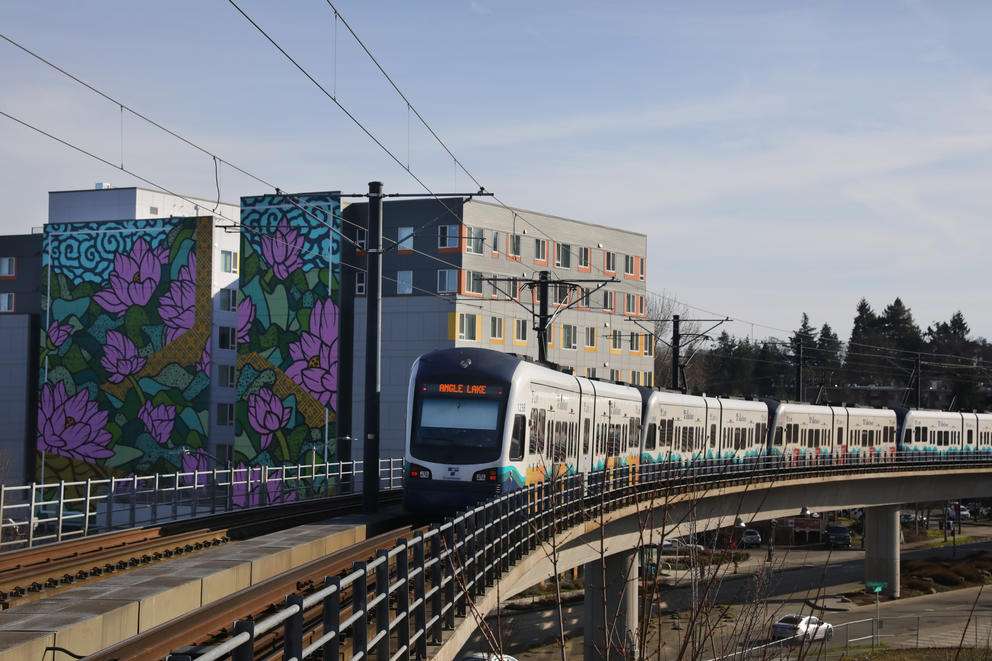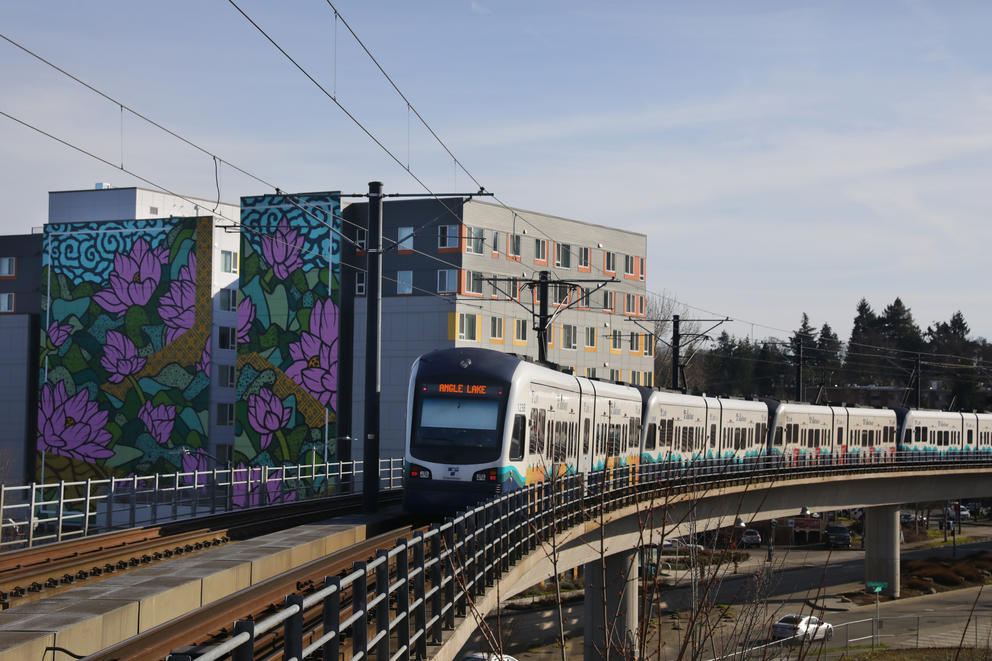Crown Prince of Norway to visit Seattle this month

His Royal Highness Haakon, the Crown Prince, in a 2022 photo from the Royal Court of Norway. (Jørgen Gomnæs/The Royal Court of Norway)
Crown Prince Haakon of Norway will be in Seattle on April 17 and 18 to discuss environmental efforts like the green transition and advancing the UN’s Sustainable Development Goals.
With Seattle’s maritime industries in mind, the Crown Prince will discuss new technology and sustainability with representatives from the state. There will be a conference at the National Nordic Museum in Ballard.
In 2019, Norway and Washington signed a memorandum of understanding to boost trade relations and create sustainable technology to enhance their maritime economies.
Other Norwegian officials will attend: the minister for digitization, Norwegian State Secretary Kristina Sigurdsdottir Hansen and representatives of Norwegian businesses and the ministry of energy. Members of the delegation also have plans to visit Amazon and Microsoft.
Seattle has a strong Nordic heritage; Many immigrants came to the city and worked as fishermen, loggers, farmers, miners and boat builders. Prince Haakon’s father, King Harald V, visited Ballard in 2015, since the neighborhood is where many Scandinavian immigrants settled. He said the landscape of Seattle was similar to parts of Norway.
It’s not the first time that royalty has visited Seattle. In 1976, King Carl XVI Gustaf of Sweden came to Seattle. Prior to his visit, the City Council created the Ballard Avenue Landmark District and the king issued a special proclamation at the ceremony.
Shortly after, Queen Elizabeth II and Prince Philip paid the city a visit in March 1983. It was the last stop on their West Coast tour.






